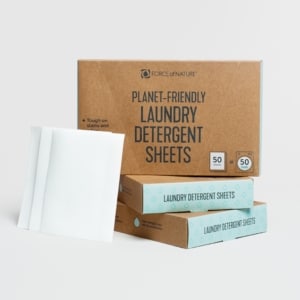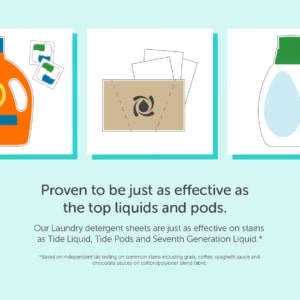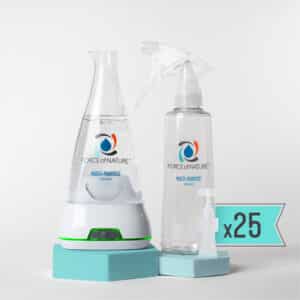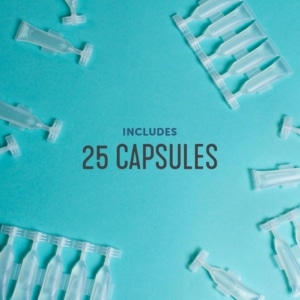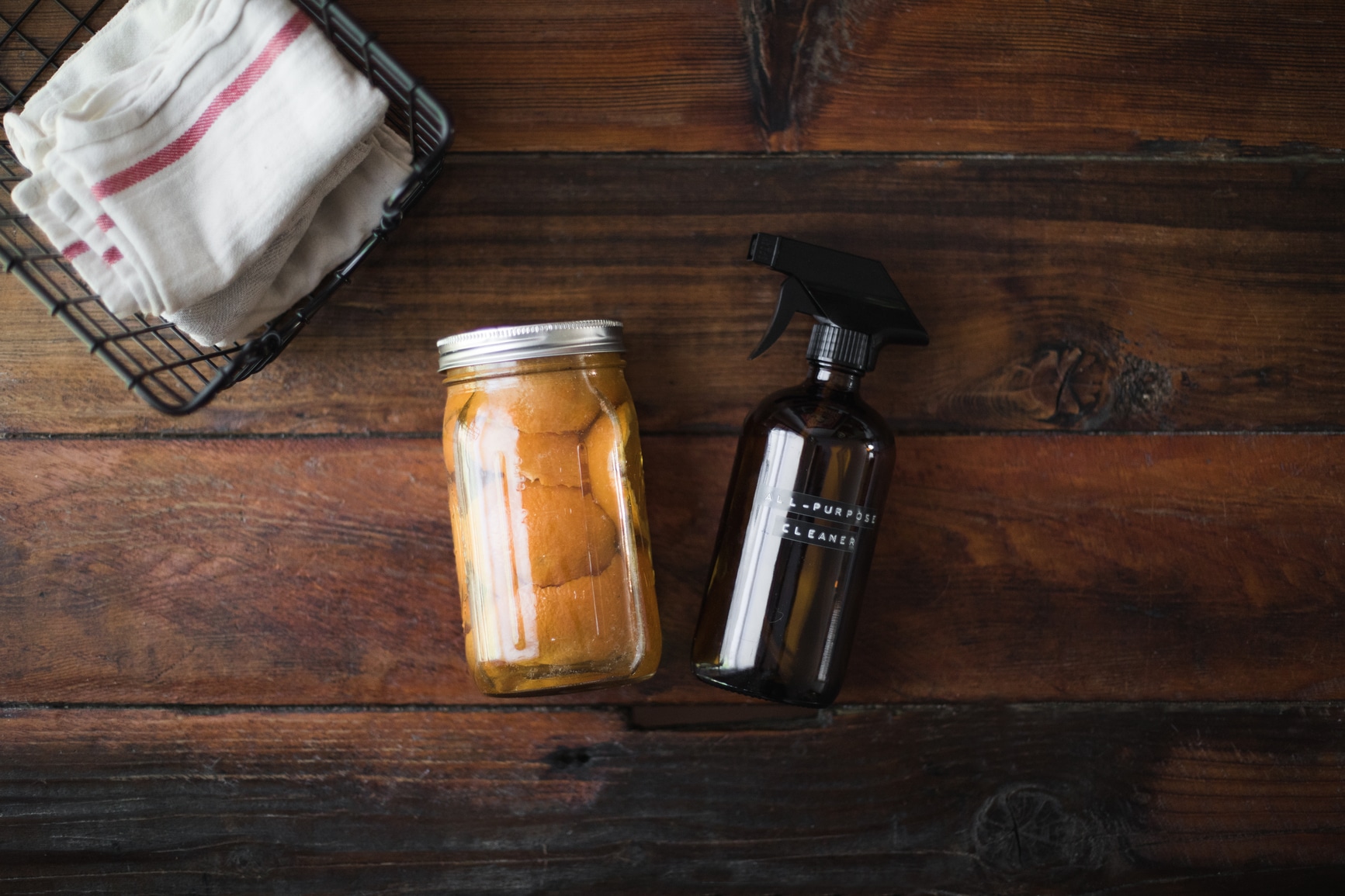
Vinegar is one of those wonder substances that seems to have endless uses. What else could rise to the challenge of doing everything from making delicious salad dressings & meringues, to cleaning dog ears and deterring ants? Impressive! A lot of people also love using it for household cleaning, because it’s so much safer to use than typical cleaning products. It skips all those dyes, preservatives, surfactants and fragrances that can be harmful to parents and all the little noses and paws touching everything in our homes. But vinegar does have a few limitations that you should keep in mind that we’ll detail in this article so that you can fit it into your cleaning regimen where it performs best for you.
The Most Important Question: Does vinegar disinfect?
No, vinegar does not disinfect or sanitize.
This is the most important one to know. There are times when disinfecting (ie killing 99.9% of viruses and bacteria) is really critical, and you can’t rely on vinegar to disinfect or sanitize. If it’s flu season, or if there are contagious viruses like Coronavirus going around in your area, you’ll want to swap out your vinegar for an EPA registered disinfectant. Vinegar is not an EPA registered disinfectant, which means it has not been tested, proven and certified by the federal EPA to kill 99.9% of a sufficient range of bacteria and viruses. Or if you’ve got an athlete in your family and you’re cleaning to prevent Staph or MRSA, know that vinegar does not disinfect those. EPA registered disinfectants are required to kill 99.9% of germs, whereas vinegar can leave behind up to 20% of the germs that can cause illness because it’s not an effective enough disinfectant to kill all of them.
The punchline: think about whether or not your goal is to clean something (ie wipe away sticky messes or smudges on glass), vs disinfect. You can rely on your vinegar if your goal is to clean, but because vinegar does not disinfect or sanitize, you can’t count on vinegar to kill 99.9% of germs.
A Few Other Considerations
Now that you know vinegar does not disinfect or sanitize, there are a few other cleaning jobs where you might want to think twice about using it. Again vinegar is an amazingly versatile cleaner, we just want to help you use it where it performs best!
1. Don’t use vinegar on stone
Have a beautiful granite or marble countertop? Hold the vinegar! Make sure you don’t use vinegar on stone surfaces like granite, marble, limestone, onyx or travertine because it can etch and dull the shine on them.
2. Rinse after using vinegar on these surfaces.
Over time, vinegar can corrode surfaces like rubber gaskets (for example in dishwasher & laundry machines), window seals and unsealed grout.
How can you disinfect & sanitize without toxic chemicals?
We have an option for you with Force of Nature! It’s a little appliance that uses electricity to convert tap water, plus a capsule of vinegar, salt & water, into a multi-purpose cleaner & federal EPA registered disinfectant that kills 99.9% of viruses and bacteria when used as directed. It’s an industrial technology called “electrolyzed water” that we’ve sized down for your countertop. Force of Nature takes the vinegar you know and love and changes the chemical composition of it, along with salt and water, into a much more potent cleaner and disinfectant. It’s even federal EPA registered for disinfecting and sanitizing hospitals, ICUs, schools, daycares, veterinary clinics, restaurants, gyms and more. You can use it on just about any surface, including your sealed stone counters, grout and window seals without rinsing. It’s just as effective as Windex on glass, Formula 409 on grease, Febreze on odors and Scrubbing Bubbles on soap scum. See 3rd party test results here. And because it’s an EPA registered disinfectant, you can use it to disinfect the viruses and bacteria that can make your family sick. For Coronavirus, because Force of Nature has demonstrated effectiveness against viruses similar to COVID-19 on hard, non-porous surfaces, Force of Nature can be used against COVID-19 when used in accordance with the directions for use against Norovirus on hard non-porous surfaces. Refer to the CDC website for additional information. You might have even read about hypochlorous acid, Force of Nature’s disinfecting ingredient, being used to fight Coronavirus in South Korea. With disinfecting on everyone’s mind these days, you might also want to know the answer to this question: “Does vinegar kill viruses?”. Learn more about Force of Nature.
[mc4wp_form id=”560478″]
